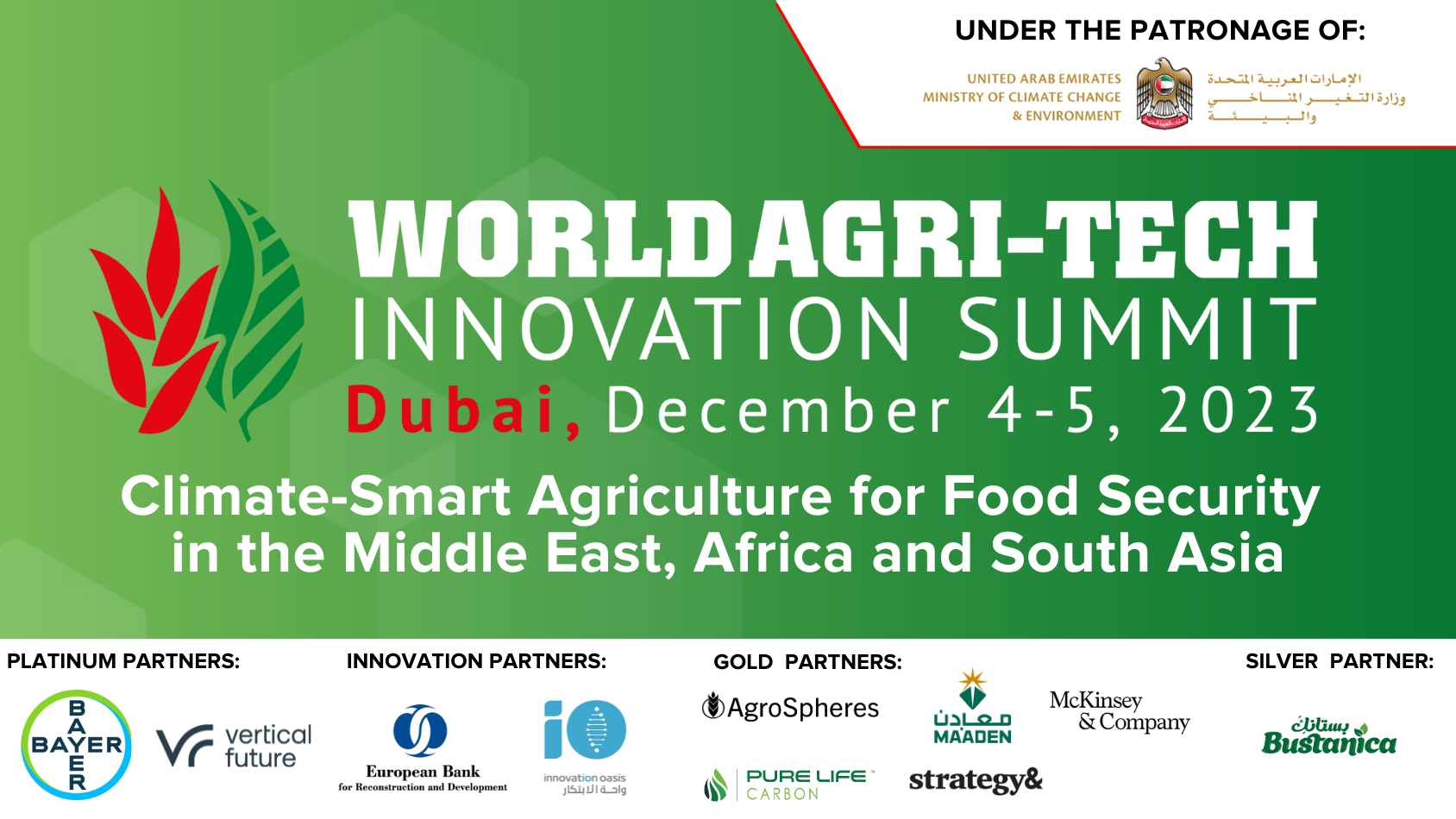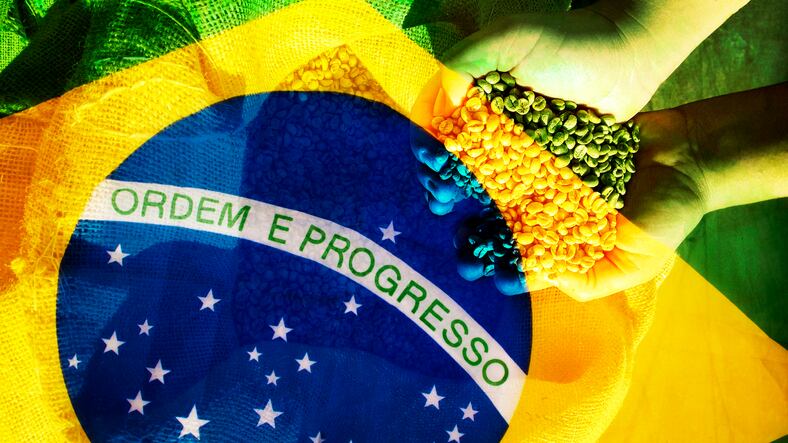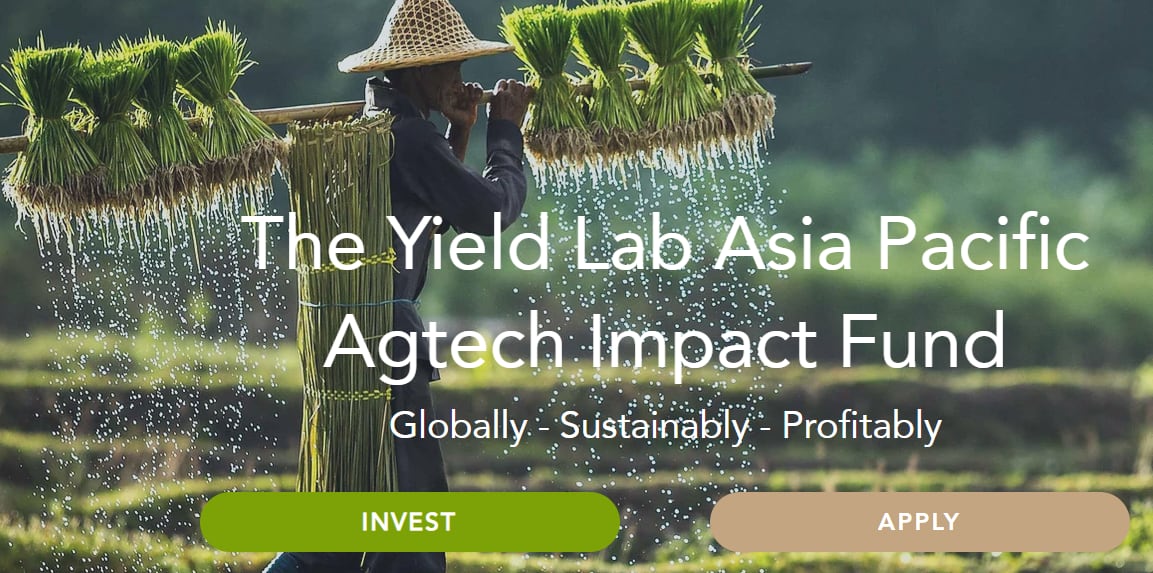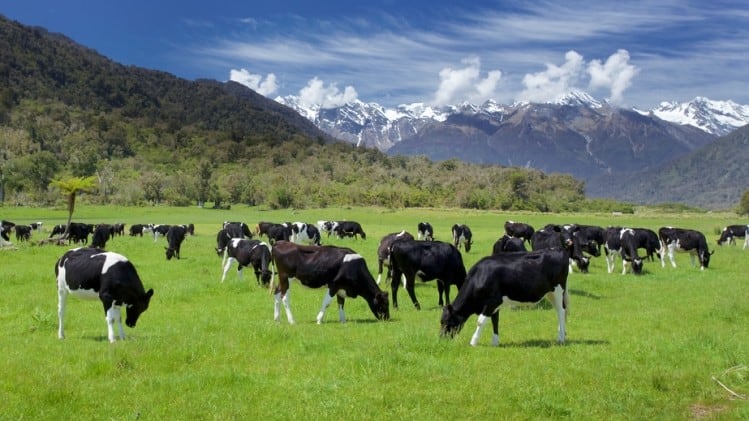In his spare time Francisco ‘Chico’ Jardim enjoys exploring shipwrecks. A deep dive of the agri-food industry in Brazil and the wider region over a decade ago, meanwhile, revealed its huge potential.
The intention when starting the fund, he told AgTechNavigator, was to build an ecosystem of innovation and venture funding similar to Silicon Valley. “It was clear that agribusiness was at the centre of innovation,” he said.
Much of this is explained by Brazil’s unique transformation from a food importer to exporter. Back in the 1970s Brazil imported beef from Europe, milk from the US and beans from Mexico. After investments in technology it slowly blossomed into a science-based tropical agriculture sector without parallel, according to Brazil’s Agricultural Research Corporation, Embrapa.
Brazil now feeds 800 million people, exporting more than 300 different products to over 200 countries. About one-third of the world’s oranges are grown in Brazil – more than twice that of the US, the world’s second major supplier. Brazil is also now the world’s biggest soya producer; the world’s main producer of cassava and a leading grower of beans, corn, cacao, bananas, and rice.
All this and it still only uses around a third of its territory for agriculture and forestry exploitation, while over 66% of the country’s total area remains occupied by native vegetation. In contrast, the European Union uses nearly 65% of its territory for agriculture; the US over 74%. Brazil therefore still holds potential for future agriculture production.
“In the late 70s Brazil was a military dictatorship. We didn’t have democracy or a functioning fiscal framework,” Jardim told us.
“Since the 80s, we’ve had stabilisation of democracy; major privatisations in bank and telecom sectors; currency stabilisation; and corruption tackling.”
Today, he declared, Brazil’s agri-food sector leads the pack thanks to entrepreneurship and scientific development.
“If you look at Brazil today there is a reason we stand out from most of our neighbours in terms of the capital we attract, the development of our capital markets, and why we are well regarded by international investors.
“We produce an extraordinary amount of science in this space and the science reaches entrepreneurs. We have become the number one global player in numerous commodities and this year we became the largest exporter of corn in the world.”
Agri-food has performed “extraordinarily well even when the other sectors of the economy do not”, he added.
Since co-founding SPV over a decade ago, Jardim has led 34 deep tech venture investments and supported founders in over a dozen boards. In this time, the number of agricultural technology enterprises in Latin America has more than quadrupled, according to Statistica, with the lion’s share in Brazil and Argentina. Meanwhile, Embrapa and SPV have since 2018 released an annual joint report mapping agtech in Brazil. The first report identified around 350 agtech start-ups. That figure now stands in the multiple thousands spread out across the agri-food value chain.
The SPV portfolio includes investments in cutting-edge technologies such as ag fintech, supply chain and logistics technology, biologicals and carbon market innovations. Connecting these areas, explained Jardim, is “the most pressing challenge of our generation: how do we maintain food security in a climate changing world, and it’s very exciting place to be.”
SPV has so far launched two agri-food venture funds: the first entirely with local capital and local institutional ventures, which raised around US$37 million. The second, announced in 2019, raised US$58 million and attracted the likes of Syngenta, BASF, Yada, Mosaic, and Bunge.
A third fund, planned for launch in the first quarter of 2024, is targeting raising US $80-100 million.
What’s hot? Biologics, logistic and education
Biologics is probably the fastest growing innovation in Latam, said Jardim, spearheaded by Brazil, which is “building the most dynamic biologics industry in the world right now… This is a sector that’s getting me very excited because it really integrates productivity with sustainability. Biologics is a sector we have been in from the start and are very excited about the scale it is reaching.”
Brazil is also “building a new tech-driven financial services industry at a scale we have not seen anywhere in the world”, he said. “This digital transformation is enabling a much more sophisticated climate-resilient capital market integrated financial services for farmers.”
Government used to be a major supplier of credit to agriculture, explained Jardim. But post-Covid, government budgets have become increasingly strangled in the region. Agricultural financial services is now Latin America’s most important industry, he claimed.
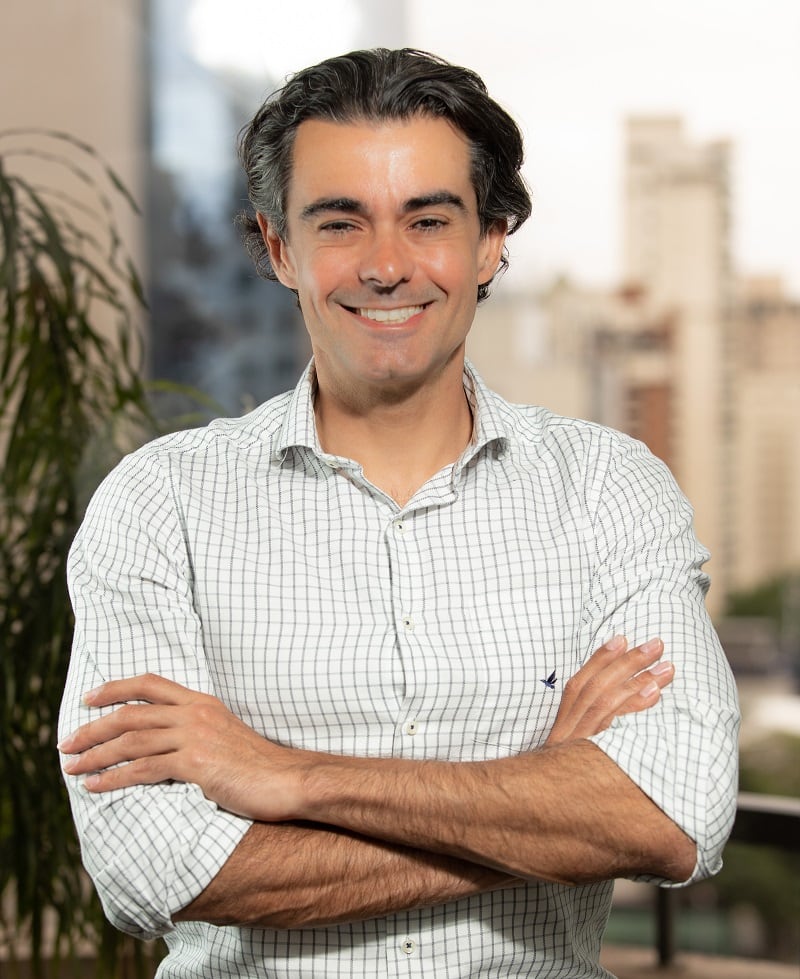
SPV recently participated in the US$7.5 million fundraise announced by Mexican start-up Verqor, which provides cashless and 100% productive loans to farmers to acquire the necessary inputs for their crops, such as fertilisers, agrochemicals and organic products, with 55% of users accessing credit for the first time. At the end of the growing cycle, farmers repay the credit through the sales of their products.
SPV also participated in the US$27 million Series B round secured by Brazilian agribusiness capital provider Agrolend, which operates through partnerships with industries and distributors of agriculture equipment, giving farmers access to credit through a mobile-first platform.
These growing companies are transforming the way financial services are executed in this space, proclaimed Jardim.
Education for farmers is another sector on the SPV radar. While farmer hesitancy to mechanise or adopt new technology due to a lack of technical skills and knowledge is a familiar challenge, “we also see a major social abyss that is created when farmers send family and employees to study in the urban centres and they develop roots and don’t want to go back to the farm,” revealed Jardim. SPV therefore plans to invest in long-distance learning for farmers where students where students get first hand access to top scientific knowledge without having to leave their farms.
Regulatory and logistical bottlenecks identified
There are challenges, however. Brazil is the 11th biggest economy worldwide but remains an emerging market as it transitions from ‘developing’ to ‘developed’ status.
Agriculture in Latin America is probably the most underfunded relative to the other regions, admitted Jardim. “There are a lot of things we can still do to improve.” One is a long and uncertain approval process from the Brazil Ministry of Agriculture for biological inputs. Second is the need to be able to get more consistency on attracting FDI for infrastructure specifically on the logistic side. “Agricultural production has been growing faster than our ability to stock and move and transport it. This generates bottlenecks.”
However, a bullish Jardim still challenges investors who regard emerging markets as risky platforms. Brazilian agriculture has witnessed consistent and significant productivity growth topping 3% every year for nearly 50 years, he claimed. Growth has also remained resilient to shocks. In 2014/16 Brazil had the worst depression in 100 years. GDP shrank 7.3%, while agriculture still grew. Brazil’s agriculture also rose by more than 20% in 2020 as Covid aided over a 4% drop in GDP. “In 2023 the Brazil economy as a whole is growing 2%,” he noted. “Ag is still growing in double digits. Agri-business is the only sector growing significantly. It’s a locomotive driving the rest of the country. We think it’s the best risk return category of our generation.”
Can other regions follow where Brazil has lead?
So much so that other regions – notably the Middle East – have much to learn from the experience of Brazil and the wider region, he observed, and there is a “growing connection” between Latin American agri-business and Middle Eastern investors. “One of the things I’m betting heavily is that we have a very strategic fit with the Middle East in terms of long-term food security, productivity aspirations and climate change.”
Like the Middle East, for example, Brazil does not have a temperate climate. “We originally had a tropical environment hostile to largescale productivity of agriculture. We had to transform our ecosystem by building our own innovation clusters and ground-based innovation that transformed the region into this global powerhouse.”
The Middle East is therefore facing a similar challenge to develop its own agtech ecosystem. “They are definitely going to have very deep genetics, perhaps more controlled agriculture production,” explained Jardim. “When Embrapa started in the 60s and 70s, the soybean had to be tropicalised. More recently, wheat was tropicalised. So getting the genetics right for largescale mass production, then getting the whole system into place and convincing the farmers to make a bet on new technology: these were all major conquests and wins we had in our ecosystem.”
Francisco Jardim will be at World Agri-Tech Dubai, December 4-5. Join him and other agtech experts to forge new partnerships, drive forward industry projects and discover the latest innovations and market opportunities advancing food security and climate resilient farming in the Middle East, Africa and South Asia.
